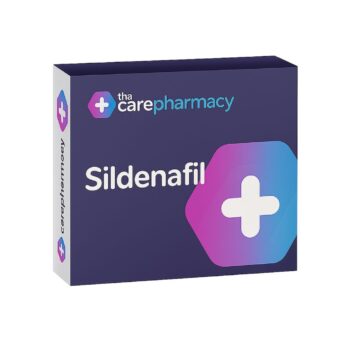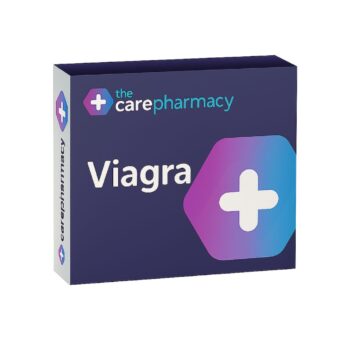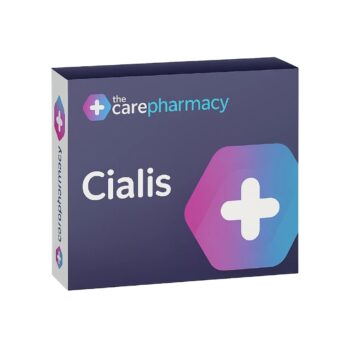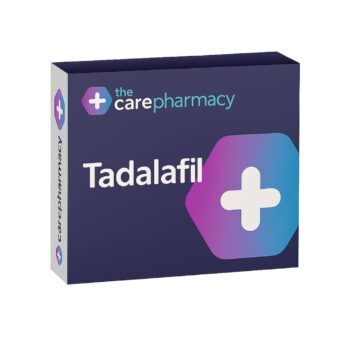Erectile dysfunction (ED) happens when a man struggles to get or maintain an erection. It can result from stress, poor circulation, or underlying health conditions. Identifying the cause can help determine the most effective treatment.
Men experiencing ongoing erection difficulties may benefit from ED treatment UK options. A prescriber will review medical history and symptoms before recommending the most suitable medication. Treatments are available for different needs and lifestyles.
Sildenafil and Viagra work the same way, but Sildenafil is the generic version. Both increase blood flow to the penis, making it easier to get and keep an erection. Sildenafil is often the more affordable choice.


















